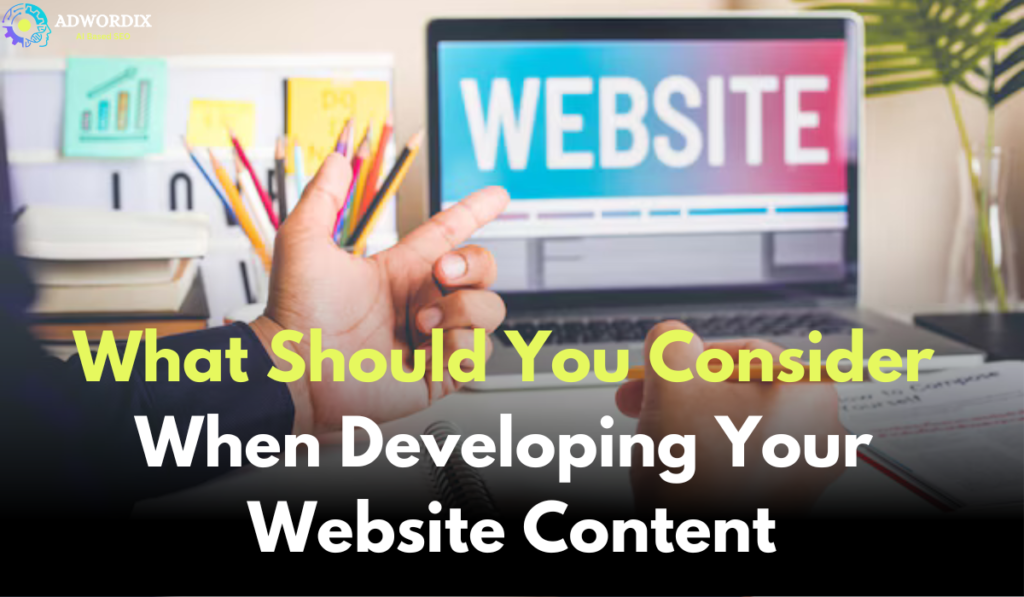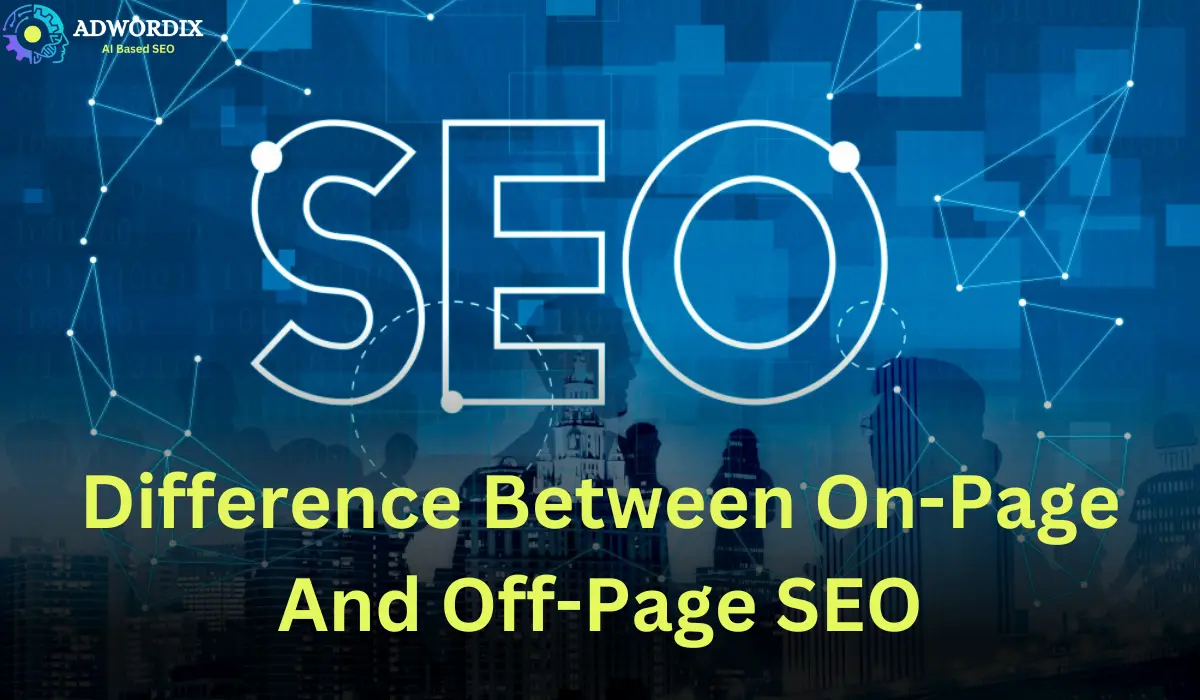Developing effective website content is essential for engaging your audience and achieving your business goals. From the very start, it’s necessary to consider several key factors that influence not only the appeal of your website but also its functionality and search engine rankings. Whether you aim to inform, entertain, or convert your visitors, the content you create plays a pivotal role in your online success. This article delves into the critical elements you should consider to craft relevant, engaging content optimized for search engines. By the end of this read, you’ll have a robust framework for creating content that resonates with your audience, supports your business objectives, and enhances your digital presence.
Audience Analysis: Understanding Your Audience
Know Who You Are Writing For
Before you put pen to paper—or fingers to keyboard—it’s essential to understand who will read your content deeply. Audience analysis involves gathering insights about your readers’ demographics, such as age, gender, geographical location, and psychographics, such as interests, values, and behaviours. This understanding guides every aspect of content creation, from the tone and style to the topics you choose to cover.
- Demographic Insights: Use tools like Google Analytics to gather data on your site’s visitors.
- Psychographic Profiling: Engage with your audience through surveys, social media interactions, and comment sections to understand their preferences and pain points.
Crafting content that resonates with your audience increases engagement, improves retention rates, and drives conversions.
Goal Alignment: Clarifying Your Content Goals
Define the Purpose of Your Content
Every piece of content on your website should serve a clear purpose. Are you looking to educate your audience, sell a product, or convey your brand’s culture? Setting clear objectives for each piece of content ensures that your content strategy aligns with your business goals.
- Educational Content: Aimed at providing valuable information that answers questions or explains complex topics.
- Sales-driven Content: Focuses on showcasing the benefits of your products or services to persuade readers.
Identifying your content’s purpose helps create more targeted and practical material that serves your audience’s needs and supports your business objectives.
SEO Best Practices: Incorporating SEO Best Practices
Optimize for Search Engines
SEO is critical for ensuring users find your content. Integrating best practices into your content development process involves understanding and implementing strategies that enhance visibility and drive organic traffic.
- Keyword Research: Identify keywords that your audience is searching for. Tools like SEMrush or Google Keyword Planner can provide insights.
- Meta Descriptions and Tags: These elements help search engines understand your content and are crucial for improving click-through rates from search engine results pages (SERPs).
By optimizing your content for search engines, you not only increase the visibility of your website but also enhance user experience by making sure your content is relevant and easy to find.
Content Structuring: Structuring Content for Readability and Engagement
Organizing Your Content Effectively
The structure of your content can significantly impact its readability and engagement. Organizing your content with clear headings, subheadings, and logical flow makes it easier for readers to scan and understand the key points.
- Use of Headings: Structure your content using H1, H2, and H3 tags. This not only helps with SEO but also improves readability.
- Bullet Points and Lists: Break down complex information into easily digestible lists and bullet points.
Well-structured content improves user engagement by making information accessible and easy to navigate, enhancing the overall user experience on your site.
Writing Style and Tone: Crafting a Compelling Narrative
Adopting the Appropriate Tone and Style
The tone and style of your writing should reflect the personality of your brand and resonate with your target audience. Whether professional, friendly, or informative, how you communicate can significantly influence how your content is perceived.
- Consistent Voice: Maintain a consistent voice that reflects your brand’s values and appeals to your target demographic.
- Engaging Techniques: Use storytelling, vivid descriptions, and direct addresses to engage readers and keep them interested.
Selecting the right tone and style helps form a connection with your readers, making your content more relatable and compelling.
Visual Content Integration: Enhancing Articles with Visual Elements
Enhancing Your Content with Visuals
Visual elements such as images, videos, and infographics can significantly enhance the appeal of your content. They break up text-heavy pages and help illustrate complex points, making your content more engaging and memorable.
- Relevant Images: Include images that complement and reinforce your text.
- Infographics and Videos: These can explain complicated data or processes straightforwardly and engagingly.
Integrating visual content enriches the user experience and supports your SEO services by increasing users’ time on your site.
Competitor Analysis: Learning from Competitor Insights
Gaining an Edge by Analyzing Competitors
Understanding your competitors’ actions can provide valuable insights into content gaps and opportunities. Analyzing their best practices and shortcomings allows you to differentiate your content and offer unique value to your audience.
- Content Gaps: Identify topics your competitors still need to cover thoroughly and provide deeper insights.
- Innovative Formats: Look at how competitors present their content and consider adopting innovative formats or improving upon them.
By learning from competitors, you can enhance your content strategy and deliver content that stands out in your industry.
Content Maintenance: Updating and Maintaining Content
Keeping Your Content Fresh
Regular updates and maintenance are crucial for keeping your website content relevant and effective. Updating content ensures accuracy, reflects industry trends, and maintains SEO rankings.
- Regular Reviews: Schedule periodic reviews of your content to ensure all information is current and accurate.
- Content Repurposing: Refresh old content by updating statistics, adding new insights, and adjusting for industry changes.
Staying on top of content maintenance helps retain a high ranking in search results and keeps your audience engaged with up-to-date and reliable information.
Conclusion
Developing your website content with these considerations in mind will enhance the quality and relevance of your information and its visibility and engagement with your target audience. By effectively analyzing your audience, aligning your content with your goals, structuring your information for easy readability, and keeping your content fresh, you can build a solid online presence that resonates with users and achieves your business objectives.





